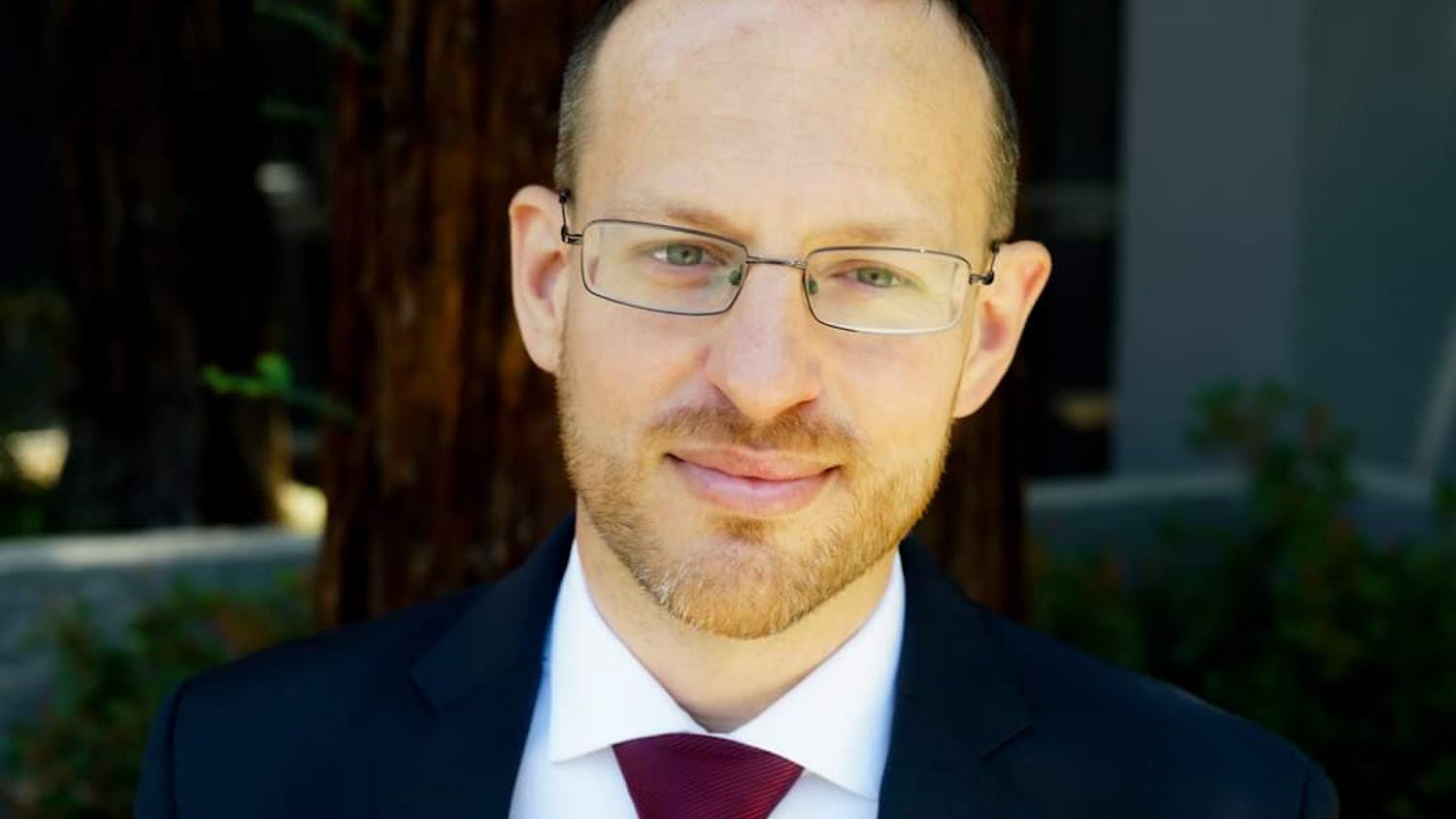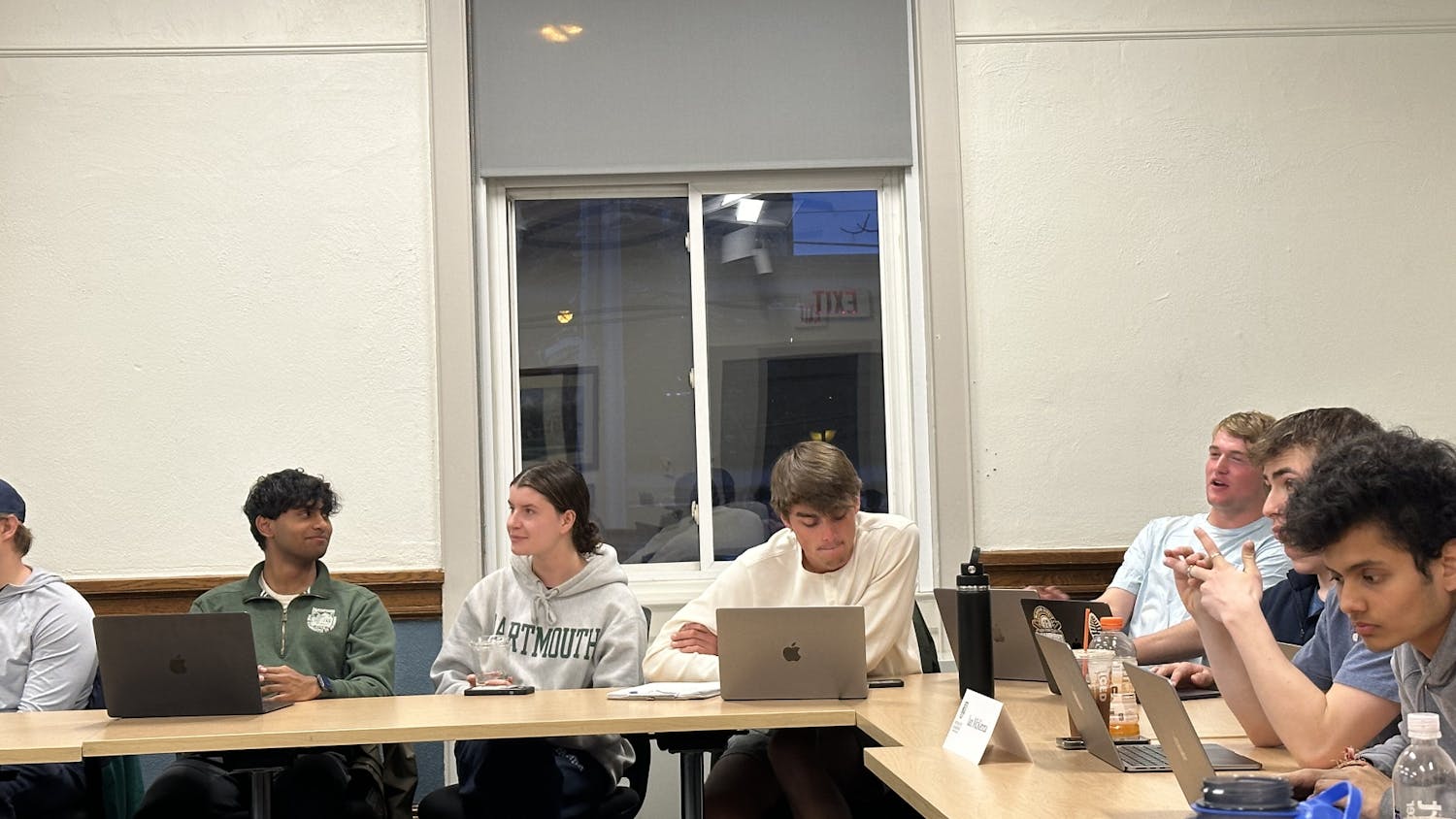Disregarding a judge's gag order, a defense attorney involved in the Hayley Petit trial told reporters Friday that contrary to the Petit family's impression his client did not rape Hayley Petit's sister Michaela Petit, according to the New Haven Register. Superior Court Judge Roland Fasano, who is presiding over the case, ordered Jeremiah Donovan Monday to attend a contempt of court hearing to address his violation of the gag rule, which bars court officials, lawyers and police from speaking about the case outside of court.
Donovan represents Joshua Komisarjevsky, one of two men charged in the murders of Hayley and Michaela Petit and their mother, Jennifer Hawke-Petit, who will face Fasano at trial next year. Komisarjevsky's co-defendant, Steven Hayes, went to trial on Sept. 13.
Hayley Petit was to matriculate with the Class of 2011, the Dartmouth previously reported. Petit, then 17, her sister Michaela Petit, then 11, and Hawke-Petit, were murdered in July 2007 when Hayes and Komisarjevsky invaded and later set fire to their home in Cheshire, Conn.
Hayley and Michaela died of smoke inhalation, while their mother died of strangulation, according to testimony.
Komisarjevsky and Hayes had allegedly planned to invade the house in search of money, tie up its occupants and leave swiftly, CNN reported.
Anal swabs taken from Michaela Petit found evidence of semen, a medical examiner testified during proceedings in Hayes' trial on Thursday, according to the Hartford Courant. Komisarjevsky's DNA was also found on the girl, The Hartford Courant reported.
Donovan told reporters, however, that the presence of DNA did not mean that Michaela Petit had been sodomized, The Register reported Friday. The chief medical examiner had not found any ripping, tearing or bruising that would indicate rape, Donovan said.
Komisarjevsky's statements immediately after his 2007 arrest described that he had instead ejaculated on Michaela, according to The Register.
"It will be a very long time between these two trials," Donovan said Friday, The Register reported. "I did not want the family to be under the misimpression that Michaela was anally raped the morning she died."
Although Komisarjevsky's trial will not be held until next year, the information in Hayes's ongoing trial will play a significant role in his case because the men are being tried for crimes they committed together, according to Brian McDonald, author of "Into the Night," a nonfiction book about the Petit murders. McDonald also cited the potential influence of heavy media coverage of the Hayes' trial on Komisarjevsky's case.
According to Norm Pattis, a Connecticut criminal lawyer who has worked with Donovan in the past, Donovan's decision to break the gag order was a strategic decision intended to either invalidate the order or apply it to members of the Petit family, who have been allowed to talk with the media.
"I think [Donovan's] perspective was that [his client] was being preyed upon without defense," Pattis said in an interview with The Dartmouth. "I think it was a deliberate ploy on [Donovan's] part to get the court to think there should be a gag applicable to the Petits. I suspect that will be Jeremiah's argument. Strictly speaking, it ain't gonna happen."
Donovan said he sees the contempt of court hearing, which will take place on Oct. 6, as "a good opportunity to test the gag order," according to The Register Citizen.
"This is the only way we could appeal the order," he said.
If Donovan is found in contempt, he could be sent to prison, he said.
William Petit '78, Hayley Petit's father and the sole survivor of the attack, called for Donovan to be held in contempt of court for his comments Friday.
"From what I know about the gag rule, [Donovan] did seem to be in violation of it, so I can see why the Petits were hoping he would be held in contempt of court," Gary Rose, chair of the government and politics department at Sacred Heart University in Fairfield, Conn., said in an interview with The Dartmouth.
Pattis said that breaking the gag rule "was exactly the right thing to do."
"I have half a mind to help rally other defense lawyers to raise money to pay whatever fine [might be] assessed," he said.
Rose, however, said the information Donovan shared with reporters is unlikely to help his client's case.
"He thought his client was being thrown under the bus in the current trial, and was trying to help his client," he said.
McDonald said that he believes Thomas Ullmann, one of Hayes's defense attorneys, is "doing whatever he can to get his client off from a death sentence, at the expense of the second trial."
"It seems like he's trying to push the worst of the worst that happened in a very horrible night on to Komisarjevsky, and by doing so, he might be saving his own client from the executioner," he said.
Although Ullmann is an active opponent of the death penalty in Connecticut, McDonald said, his actions might make the death penalty more likely for Komisarjevsky.
The case may also influence upcoming Connecticut elections because of candidates' differing positions on the death penalty, Rose said.
In June, Gov. Jodi Rell, R-Conn., vetoed a bill passed by the state legislature that would have ended the death penalty in Connecticut, citing William Petit in her decision. Rell is not running for reelection.
If Dan Malloy, a Democratic candidate in the Connecticut gubernatorial race, is elected, the death penalty will almost certainly be banned in the state, Rose said. A ban would eliminate the possibility of executing the defendants in the Petit case.
Even if sentenced to death, and regardless of whether the penalty continues to stand in Connecticut, the defendants in this case are unlikely to be executed, Rose said.
With one exception, the death penalty has not been carried out in the state since 1960, Rose said. The exception was the 2005 execution of Michael Ross, who forfeited his right to appeal and requested his own execution.
"Quite honestly, here in Connecticut I think the death penalty is more symbolic than substantive," Rose said. "We're not like Texas, where they parade people into the death chambers."
On Friday, prosecutors also presented evidence in court that they said demonstrated Michaela and Hayley Petit had been deliberately covered with a fire accelerant while tied to their beds, The Hartford Courant reported Friday.
Donovan did not return a request for comment by press time.



